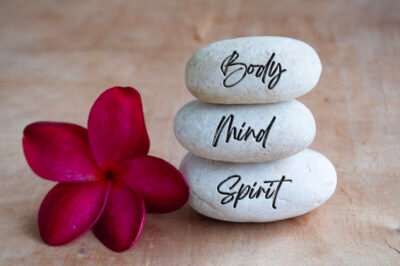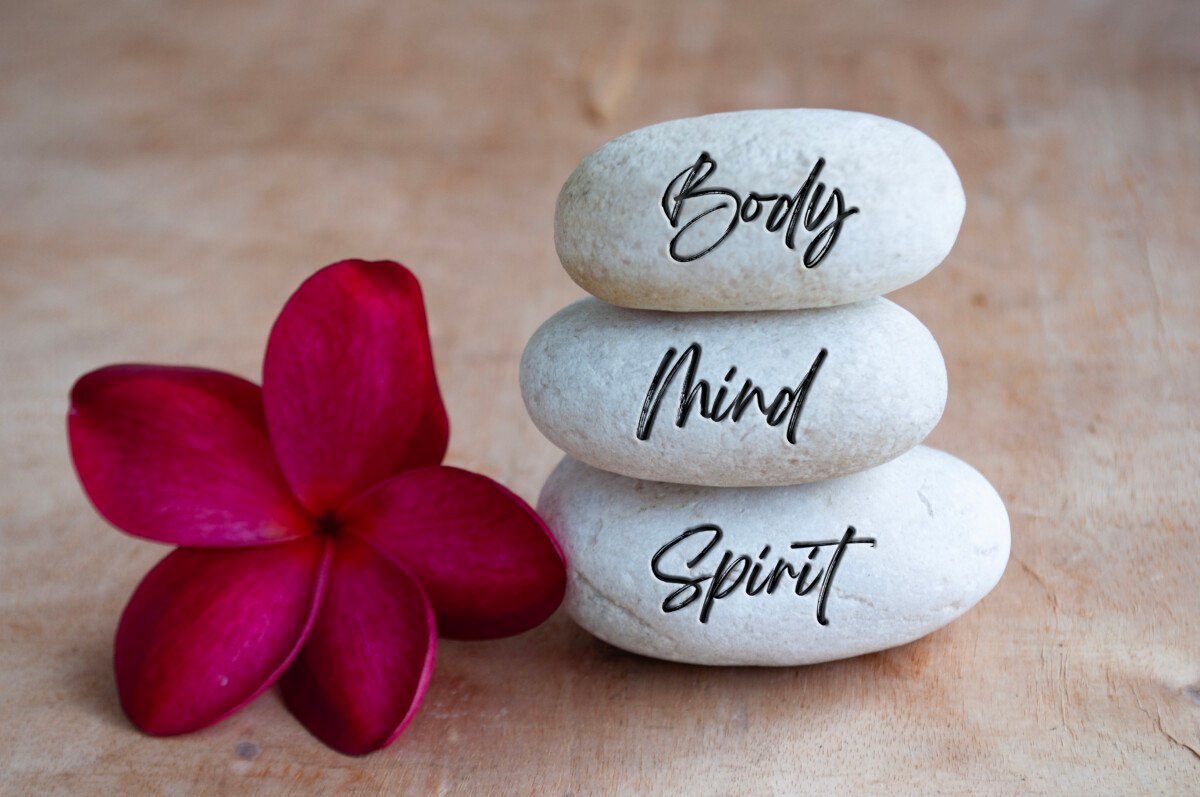It is so concerning that people who live within community with Black women don't really see or hear us beyond their need for us. There is a dange

It is so concerning that people who live within community with Black women don’t really see or hear us beyond their need for us.
There is a dangerous and false narrative that Black women never needed womanism or feminism—that somehow, we have always been free, always been included, always been protected within our communities. But Black women are people—separate, independent, fully human, and deserving of recognition in our own right. We are part of the Black community, often its backbone, yet we have also faced struggles that require specific advocacy.
Here’s why Black women have always needed womanism and feminism:
1. Medical Systems Do Not Prioritize Black Women’s Health
Black women are dismissed, ignored, and undertreated within medical systems. We are less likely to have our pain taken seriously, leading to delayed diagnoses and inadequate treatment for conditions like fibroids, endometriosis, and autoimmune disorders.
2. Medical Misogyny and Reproductive Injustice
Black women have been subjected to forced sterilization, experimental medical procedures, and reproductive neglect. From the abuses of J. Marion Sims to present-day disparities in gynecological care, our bodily autonomy has never been guaranteed.
3. Maternal Mortality Rates Are a Crisis
Black women in the U.S. are three to four times more likely to die from pregnancy-related complications than white women. This is not a coincidence—it is a direct result of systemic racism, medical bias, and a lack of proper care.
4. Workplace Discrimination Is Both Racial and Gendered
Black women face the double burden of racism and sexism in the workplace. We are underpaid, overworked, and less likely to be promoted compared to our white and male counterparts.
5. Business Ownership Challenges
Black women are among the fastest-growing groups of entrepreneurs, yet we receive a fraction of the funding and resources available to white and male business owners. Systemic barriers limit our access to capital, mentorship, and business networks.
6. Educational Opportunities Have Never Been Equal
From school funding disparities to racial bias in academic spaces, Black women have had to fight for access to education at every level. Even with degrees, we still face wage gaps and hiring discrimination.
7. Property Ownership and Economic Exclusion
Historically, Black women have been shut out of homeownership and wealth-building opportunities. Discriminatory lending practices and housing policies have made it difficult for us to accumulate generational wealth.
8. Consumer Product Safety Often Ignores Black Women
Many personal care products marketed to Black women contain toxic chemicals that are banned in other countries. From relaxers linked to cancer to unsafe beauty products, our health is consistently put at risk for profit.
9. Menstrual and Reproductive Products Are Not Made With Us in Mind
Black women disproportionately suffer from conditions like fibroids and endometriosis, yet the safety and effectiveness of menstrual and reproductive health products rarely consider our needs. The same can be said for contraceptive options, fertility treatments, and maternal healthcare.
10. Medications and Treatments Are Not Tested on Black Women
Most medical research has centered white men, leaving Black women underrepresented in clinical trials. This results in misdiagnosed conditions, improper dosages, and medications that do not work as effectively for our bodies.
11. Our Hair and Grooming Practices Are Micromanaged
The criticism of Black women’s hair is constant. Natural, relaxed, loc’d, braided—it does not matter, there is always an opinion. Even when we conform to Eurocentric beauty standards, we are still scrutinized. Workplace discrimination against natural hairstyles is real, and our autonomy is constantly challenged.
12. The Epidemic of Missing Black Women and Femicide
Black women and girls go missing at alarming rates, yet the cases, the LIVES, receive little to no media coverage or law enforcement urgency. Black women are also at disproportionate risk of intimate partner violence and femicide, yet society refuses to acknowledge our vulnerability. Our safety is treated as an afterthought, and justice is rarely served.
And too much more……….
Black Women Can Be Part of the Community Without Being Enmeshed
We are the community. We have held it up, built it, nurtured it, and fought for it. But we are also individuals with our own needs, struggles, and aspirations. Our identities do not exist solely in relation to others. We do not have to sacrifice our voices, needs, or autonomy to be included.
Some of the earliest known Black feminists in the United States include:
Maria W. Stewart (1803–1879) – The first known American woman, Black or white, to speak publicly about women’s rights and abolition. She emphasized the importance of education, self-sufficiency, and moral uplift for Black women.
Sojourner Truth (1797–1883) – A formerly enslaved woman who became a powerful advocate for abolition, women’s rights, and racial justice. Her famous “Ain’t I a Woman?” speech (1851) challenged the exclusion of Black women from the feminist movement.
Harriet Tubman (1822–1913) – More than just a conductor of the Underground Railroad, Tubman also fought for women’s rights and later worked with suffragists like Susan B. Anthony.
Frances Ellen Watkins Harper (1825–1911) – A poet, abolitionist, and suffragist who spoke at the 1866 National Woman’s Rights Convention, advocating for both racial and gender justice.
Ida B. Wells (1862–1931) – A fearless journalist and activist who fought against lynching and co-founded the National Association of Colored Women (NACW) and the NAACP. She pushed back against the white suffragists who excluded Black women.
Mary Church Terrell (1863–1954) – A prominent educator and activist who co-founded the NACW and fought for equal education and voting rights for Black women.
Anna Julia Cooper (1858–1964) – An educator and scholar whose book “A Voice from the South” (1892) is considered an early feminist text advocating for Black women’s education and leadership.
Josephine St. Pierre Ruffin (1842–1924) – A suffragist, journalist, and civil rights activist who created the Woman’s Era Club, the first Black women’s club dedicated to social justice.
Mary McLeod Bethune (1875–1955) – An educator and civil rights leader who founded Bethune-Cookman University and the National Council of Negro Women (NCNW) to empower Black women.
- Celia (c. 1835–1855) – An enslaved Black woman who was put on trial and executed for killing her enslaver while defending herself against sexual violence. Her case represents the intersection of gender, race, and legal injustice, and she stands as an early symbol of Black women’s resistance.
These women were feminists and womanists before the terms even existed, fighting against racial and gender oppression long before mainstream feminism recognized Black women’s voices.
We Deserve More
We live such dynamic, complex, and compelling lives. Black women have always needed womanism and feminism because we have always had unique battles to fight. We deserve safety, equity, and the right to define ourselves on our own terms. Our struggles are real, and our fight is far from over.
You need us and we need you too. BUT, above all we need ourselves. We need ourselves healthy, safe, liberated. We love ourselves. Which is why we will always assemble and fight for ourselves.
We JUST Won the Rights for Women in the 1970s: Notes on Dating Choices (updated)
When the Truth Ain’t Enough, They Spread Lies: How Rumors Were Used to Silence Civil Rights Women
Respecting Black Women’s Hair: Embracing Autonomy and Wellness
Our Safety Isn’t a Punchline: Standing Strong Against Ridicule
Claudette Colvin: The Young Revolutionary Who Moved a Nation
Politicians Must Stop Dismissing Us: Women’s Safety is Non-Negotiable
Concern Trolling: When Fake Concern Masks Control Over Women’s Lives
Rosa Ingram’s Unyielding Courage: How Her Family’s Struggle for Justice Changed History
Words Matter: Why Calling Older Woman-Younger Man Relationships “Grooming” is Harmful
HISTORY: When Men Waste Time Policing Women, the World Stagnates

